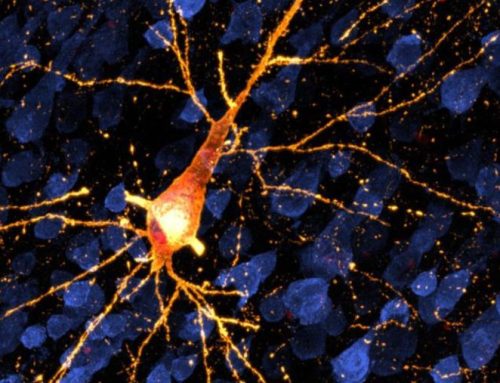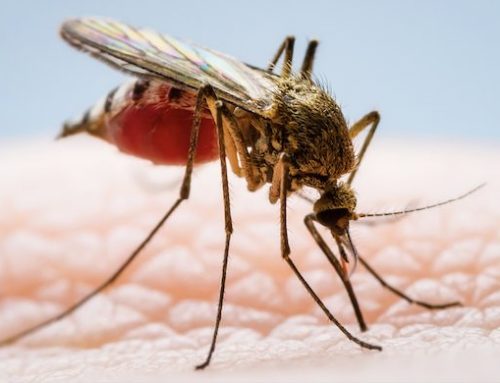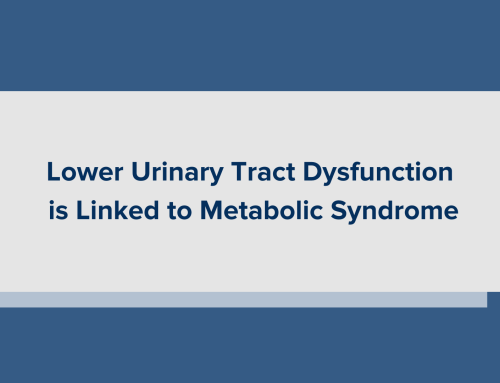Research links sugar consumption to disrupted ovarian function in healthy animals
CNPRC housed rhesus monkeys fed relatively low doses of dietary sugar over 6 months showed significant impairments in oocyte maturation and major changes in early embryo gene expression, according to researchers Charles L. Chaffin, PhD (University of Maryland School of Medicine), Catherine VandeVoort, PhD (CNPRC Reproductive Sciences and Regenerative Medicine Unit), and colleagues. The research was published April 14, 2014 in Endocrinology; “Dietary sugar in healthy female primates perturbs oocyte maturation and in vitro pre-implantation embryo development” (Charles L. Chaffin, et al).
Compared with control animals, primates fed the sugar supplemented diets showed no difference in menstrual cycle length or number of oocytes recovered following controlled ovarian stimulation and human chorionic gonadotropin (hCG). However, after an ovulatory hCG bolus, similar to that given in fertility clinics, 86% of the oocytes recovered from the control animals matured (achieved metaphase II (MII) of meiosis, critical for fertilization) compared with only 18.5% of the sucrose-treated animals. The rate of maturation to MII following hCG in human IVF typically ranges from 60%-80%.
While the sucrose treatments appeared to reduce the ability of the oocytes to resume meiosis, there was no difference between the rate of fertilization and progression to the blastocyst stage in vitrobetween control animals and sucrose-treated animals.
Sugar intake, even at lower levels than most women in the U.S. typically consume, appears to impact oocyte and early embryo development in healthy primates, the researchers concluded.
While sugar’s role in human embryo development has not previously been shown and more research is necessary to understand any possible implications for human fertilization and child development, this early research in primates should not be ignored by women or their doctors, Dr. Chaffin advised.
“High sugar diets rich in refined carbohydrates have negative consequences for women, and we may have to extend this to consider that there might be consequences for their offspring as well,” he said.
Almost nothing is known about the effects of sugar intake by healthy, non-obese women on the oocyte prior to fertilization, the researchers noted.
“The ‘Western pattern diet’ includes high percentages of refined carbohydrates representing more than 15% of the total caloric intake; this translates to more than 100 g per day,” they wrote. “Thus, although healthy women of reproductive age may not be diabetic, consumption of highly refined carbohydrates and sugars could produce frequent periods of transient hyperglycemia with unknown effects on the ovary.”
Dr. Chaffin said the idea to test the hypothesis that sugar impacts early oocyte maturation and embryo development came from earlier studies performed at the CNPRC by Dr. VandeVoort, when she used sugar as the control in an alcohol and fertility study involving rhesus monkeys, and found that the animals in the sugar arm of the trial had “strikingly abnormal” oocytes.
Adult female rhesus monkeys at the CNPRC, ranging in age from 6 to 12 years who were normal weight with regular menstrual cycles, were fed either a standard diet of high-protein monkey chow (with approximately 5.2 g of sucrose and 0.2 g of glucose per day) (control) or the standard diet plus 2.6 g of sucrose / kg of body weight twice a week for 6 months (sucrose-treated).
“Each dose was equivalent to approximately 180 g for an average weight woman in the U.S., with the weekly dose less than half that consumed by women,” the researchers wrote. “Dosing was continued through the cycle of controlled ovarian stimulation, but ended prior to the administration of anovulatory hCG stimulus.”
The researchers demonstrated that the effects of sucrose treatment were carried from the immature oocyte to the pre-implantation embryo by stopping sucrose treatment prior to the ovulatory stimulus, and coupling these oocytes with standard in vitro fertilization and embryo culture. They note that “Sucrose treatments reduced the ability of oocytes to resume meiosis, although in the oocytes that did mature, there were only a limited number of genes whose expression was altered by sucrose.”
Dr. VandeVoort remarks that using the nonhuman primate model is critical for studies that cannot ethically be performed in humans. Also, humans and nonhuman primates share many aspects of oocyte maturation that cannot be replicated in rodent models, because some of the biological processes are not the same in rodents as in primates.
“I think there is plenty of reason for caution here, even though we may not really understand the implications of these data for many years,” Dr. Chaffin said.
This research was funded by the NIH Office of Research Infrastructures Programs and NIH – NIAAA.






